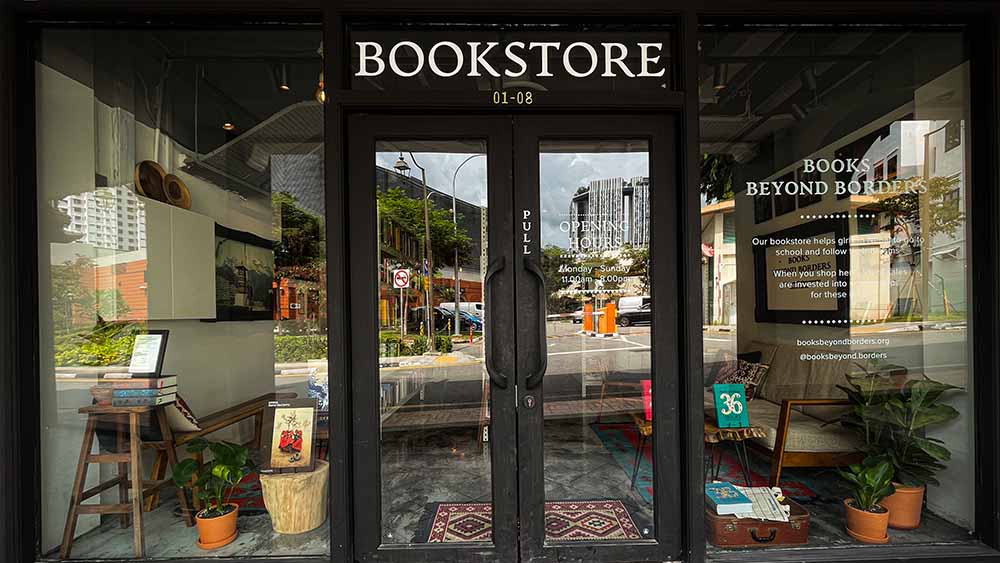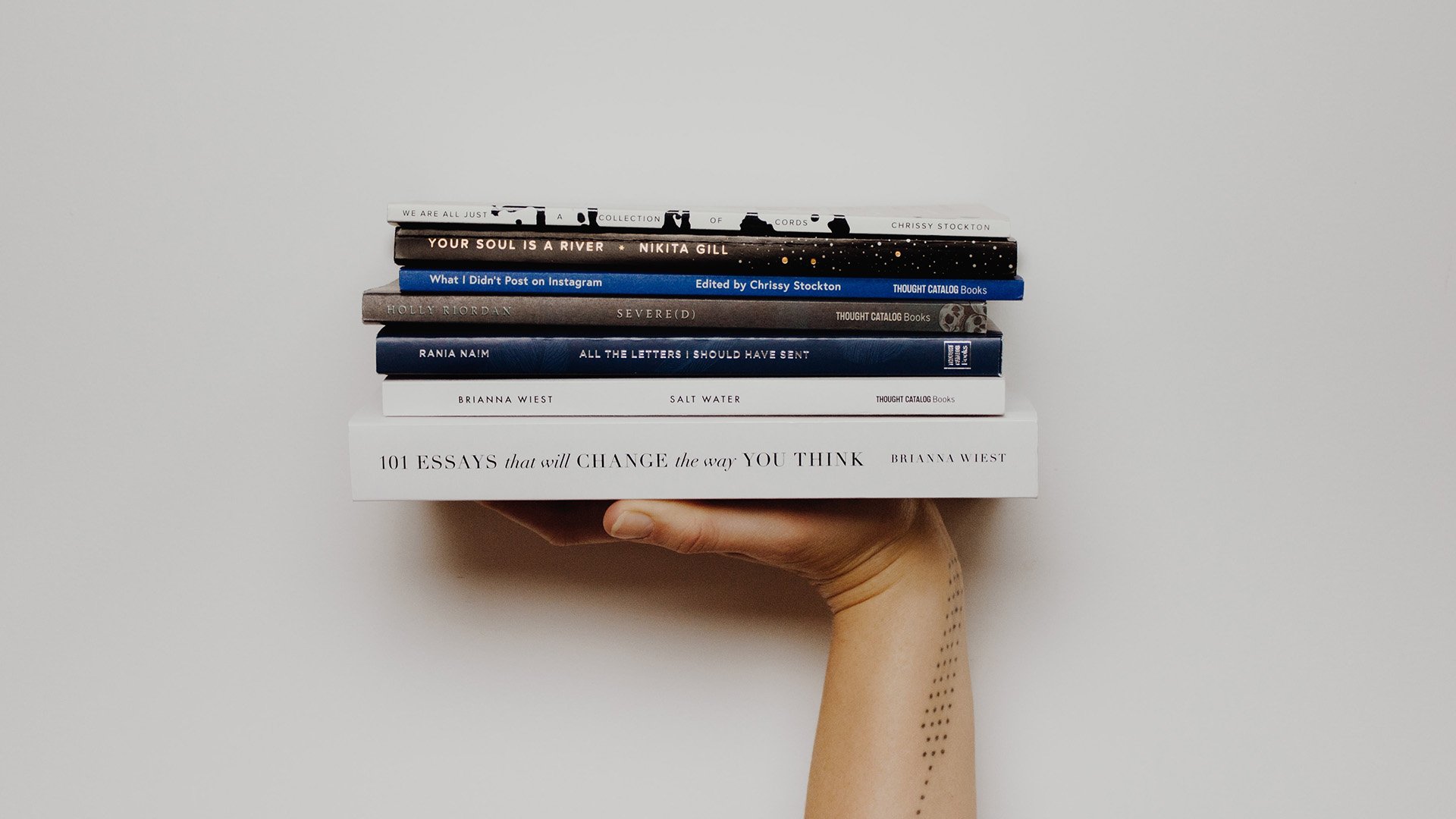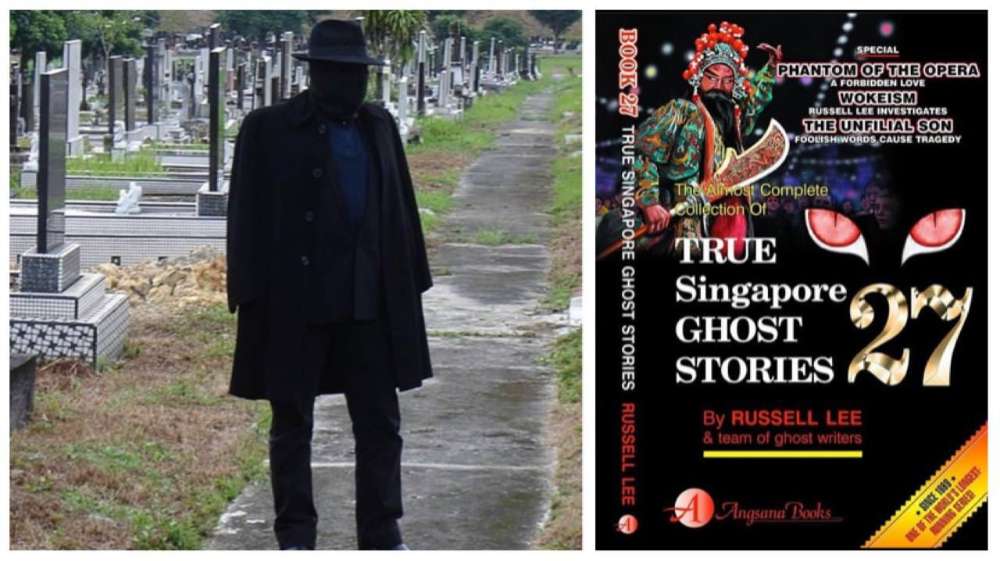Beyond Bestsellers: Preloved Reads For A Good Cause At This Cosy Indie Bookstore In Maxwell
Book towns may be an iconic fixture in Japan, the United Kingdom, and the United States, but did you know that there’s one growing in Singapore?
Over the past few years, central Singapore has become home to a number of independent bookshops, specialising in everything from children’s literature, to Chinese books, to Singlit. And as small, intimate spaces, these bookstores have a cosiness that can’t quite be replicated in mega-bookstores.
In our series Beyond Bestsellers, we’ll be visiting and learning more about these bookstores, starting with The Bookstore by Books Beyond Borders, a secondhand bookshop located snuggly along a stretch of shophouses behind Maxwell Food Centre.
With its warm lighting, pillow-laden reading corners, and its racks upon racks of pre-loved books, The Bookstore conjures a vibe not unlike the one in Notting Hill and You’ve Got Mail. But The Bookstore is so much more than well, a bookstore. In addition to getting books into people’s hands, it largely serves as a means of helping girls in Nepal further their education.
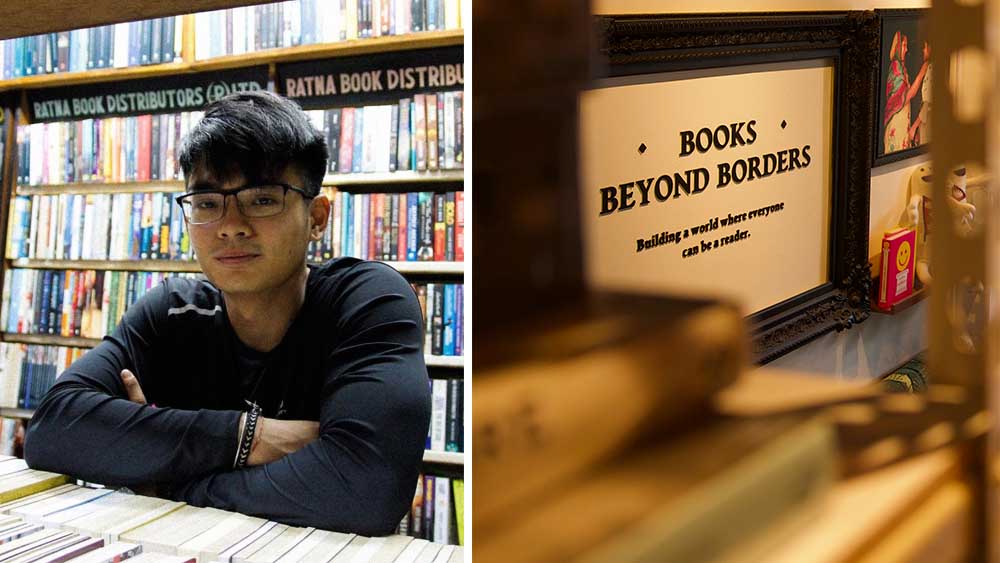 IMAGES (FROM LEFT): RANDALL CHONG, JOEY SHENG
IMAGES (FROM LEFT): RANDALL CHONG, JOEY SHENG
In fact, The Bookstore didn’t begin as a shop - it originated in 2018 as a small booksale-cum-fundraiser operating out of founder Randall Chong’s grandfather’s spare room. Eventually, Randall turned what began as a small book business into a full-fledged social enterprise, Books Beyond Borders, which sold donated books at a warehouse dubbed The Book Barracks in Jalan Pemimpin.
At the time, proceeds went toward classroom projects in Nepal. In July 2023, Books Beyond Borders pivoted its strategy away from warehouse sales and into a brick-and-mortar bookstore, located in a central area, and whose funds provide scholarships for girls that are in Grade 11 and 12 in Nepal (equivalent to upper secondary or tertiary).
In an interview with us, Randall shared, “When we fund a classroom project, it’s difficult to measure things like how the students are learning or if they are actually utilizing (the resources). So right now, we’re focused on providing scholarships for girls. It’s easier to know whether the girl has completed Grade 11 or 12. The big problem in Nepal is that most of the girls drop out of school after grade 10.”
“Over the years of traveling in Nepal, what we found was that when a low-income family has only enough money to send one (child) to school, usually the boy goes. The girl is expected to start a family at a very young age and that cycle continues because when the girl grows up under-educated, the likelihood of their children being uneducated is significantly higher. So we thought that if we want to break the cycle, the best way is to try to keep girls in school.”
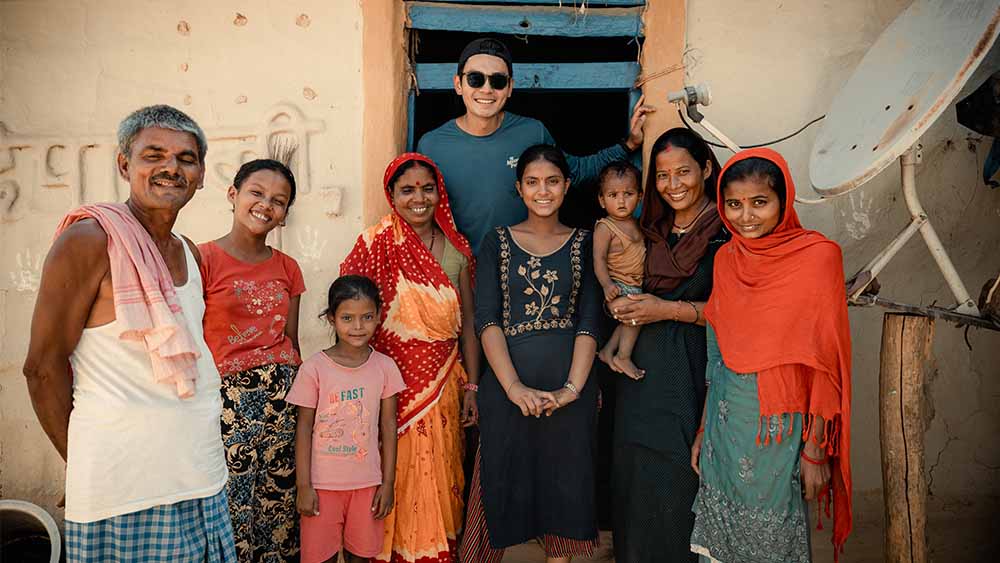 As of today, Books Beyond Borders has put four girls (not pictured) in school by relocating them from their village to Kathmandu, where they can further their education in Grades 11 and 12 | IMAGE: RANDALL CHONG, BOOKS BEYOND BORDERS
As of today, Books Beyond Borders has put four girls (not pictured) in school by relocating them from their village to Kathmandu, where they can further their education in Grades 11 and 12 | IMAGE: RANDALL CHONG, BOOKS BEYOND BORDERS
Given his early career experience in a startup, it’s only natural for Randall to incorporate his business experience into the social enterprise’s sustainability. We’ve seen a number of indie bookstores open and shutter over the years. So what’s kept The Bookstore - and Books Beyond Borders - afloat?
Read on to find out:
Books Beyond Borders spent years running warehouse sales at The Books Barracks. What inspired you to start an actual bookstore in the heart of the city?
I wanted to move away from the idea that we are like a thrift store. I never started Books Beyond Borders with the intention or the vision that one day we are going to be the biggest secondhand bookstore in Singapore or in the world. It’s very difficult to draw people into the warehouse because of its location (near Marymount) and because we were only open on the weekends. Second, we found that it was very difficult to get people in the door if we weren’t running a sale. You actually have to make an effort to travel there and there’s nothing around the area, no cafes.
When the world started opening up after COVID, people wanted convenience and we found that our main target audience - working professionals - don’t often make the effort to go all the way to a warehouse because they’re busy with work. These factors prompted me to look for a place to go closer to the people that we wanted to serve.
Also, by opening the bookstore in Maxwell, there’s an opportunity for us to focus on the brand rather than running sales. At the Marymount warehouse, we were heavily relying on sales to get people through the door and it creates this idea that we are all about cheap books. And when we are not running a sale, people just wait for it. So from a business standpoint, it’s not sustainable in the long run. Moving into the Maxwell bookstore is a way for us to retell our story and allow people to know what the brand is about and focus more on our mission, rather than just like, ‘Hey, we are having a sale’.
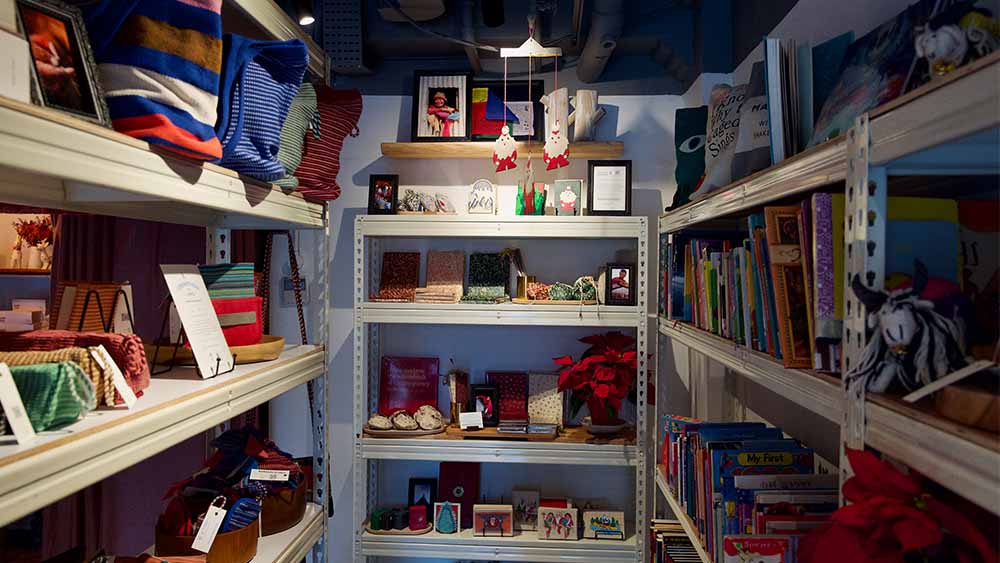 The Bookstore also offers handmade merchandise from artisans in Nepal | IMAGE: JOEY SHENG
The Bookstore also offers handmade merchandise from artisans in Nepal | IMAGE: JOEY SHENG
I get it - it’s not just about selling secondhand or cheap books, but also about giving opportunities to the people who benefit from your mission.
From the very beginning, our mission was to support education in Nepal. One of the ways we did that was to sell books, but I always had this idea in the back of my head that there's just more than one way that we can support education in Nepal, and that could potentially be us expanding outside of just books. And one of the ways (to support children’s education in Nepal) is to focus also on the mothers who are the big decision makers of whether or not their kid goes to school. We now feature things like pouches and bags, all sustainably made, by women who are mothers of some of the children that we support.
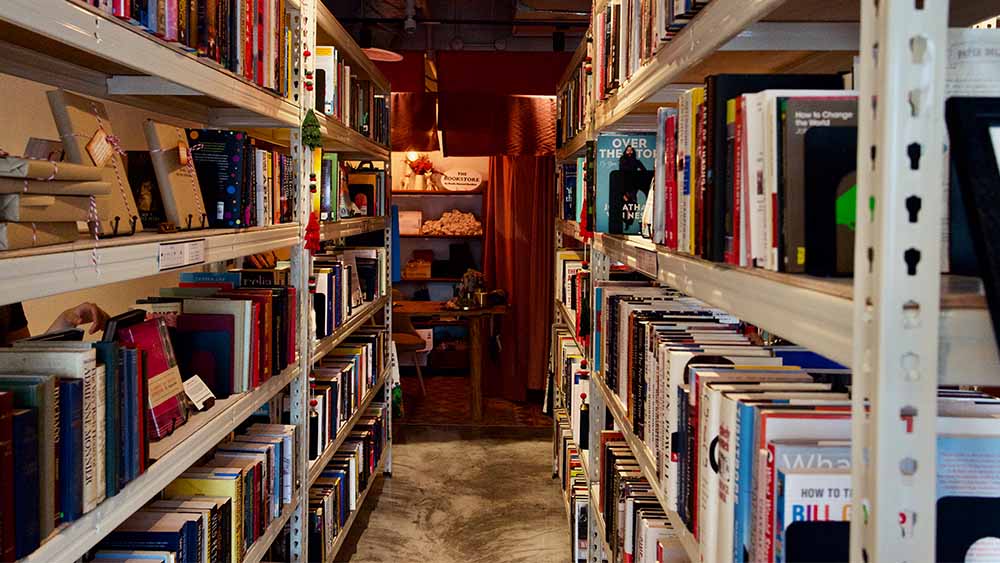 IMAGE: JOEY SHENG
IMAGE: JOEY SHENG
Indie bookstores are hard to come by in Singapore compared to in other countries. What are some specific challenges that you’ve faced as one of the new kids on the block?
A hundred percent of our book supplies are donated. That’s the biggest challenge if you were to compare us and a firsthand indie bookstore, because for them, if they know a specific title sells, they could actually make a phone call and have a hundred copies delivered right to their doorstep.
Over the years, we've been extremely lucky to have a community of readers in Singapore who are extremely generous donating their books to us. What I learned is that we cannot just rely on that because there are months that people just don't donate books. You cannot predict when you're gonna get what, and secondly, it's easy to collect books, but it's challenging to collect the books that people want to buy.
People are very willing to give away titles that have been published decades ago, but these titles are usually also the ones that nobody wants to pay for.
People want newly published books and we’ve found that it's much more challenging to collect those. In this regard, the other indie bookstores actually have an edge on us. We are constantly facing supply issues.
How about any advantages?
On the flip side, we do have an advantage because our books are donated so our profit margins are much higher. We don’t have the luxury of having many different titles in our store, versus an indie bookstore where they have one title, but maybe 20 copies, and those take up space. So if you compare an indie firsthand bookstore to us, where both of us carry a thousand books in our warehouse, we have the luxury of having a thousand different titles, whereas maybe that indie bookstore only carries 300 titles, but multiple copies of the same title.
So if you are a reader, you’d definitely prefer to go to a store with more variety of titles, as compared to a store with limited titles, but multiple of the same copies. I think we have an advantage in that we move our titles pretty quickly. We shuffle our books because we collect donations, so we do feature a lot of new books every single week. And I think most bookstores do not have the capability to shuffle their books as often as us.
If you're a reader and you work near Maxwell, if you come by every week here, the chances of finding new books every single week is much higher. And we do have some customers that just work around the area, and they come lunchtime every week to just buy books. We have this customer that comes every week, every single weekend, she buys books.
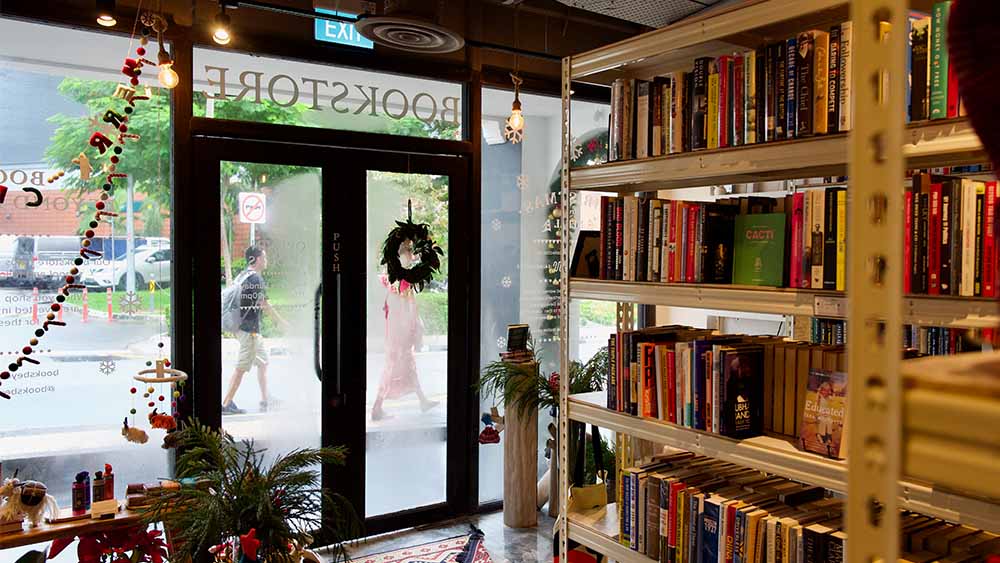
IMAGE: JOEY SHENG
About how many book donations do you get in a month?
It varies. Right now we are really, really picky about the kind of books that we want to collect. So we reject around 50% of the books that people send in. You cannot just turn up at our shop and drop off books. If you want to donate books, you have to send in some photos. And then our team will do a quick check before we provide a free pickup service. Right now we probably get 300 to 400, 500 books a month.
Sometimes we have someone donating around 300 books! But most of the time people just have like 20, 30 books (to donate).
Tell me about your own love of books. Have you always been a reader?
Actually, no. I only started reading when I was 20 or 21. My family did not have the culture of reading. We do not have books at home, so I grew up playing a lot of computer games and not reading. I cannot pinpoint exactly when I found my love for reading, but it was probably when I was in the army and I had a lot of free time. I decided to pick up a couple of books I know that I always wanted to read because when you hear about successful entrepreneurs and leaders around the world, they're all readers.
Eventually I found my love for reading through nonfiction books. I don't read many novels. I love reading biographies, self-help, business books, and philosophy. I guess that's where my interests really grow - finding the books that interest me rather than trying to read for the sake of reading.
I also love collecting vintage books and collectibles. When I first started the business, I didn't just want to do it because I wanted to raise money for education in Nepal, but because I genuinely love books. So every time we receive a donation, I look and sort them out even until today, because I'm just so excited to see what books there are in the box.
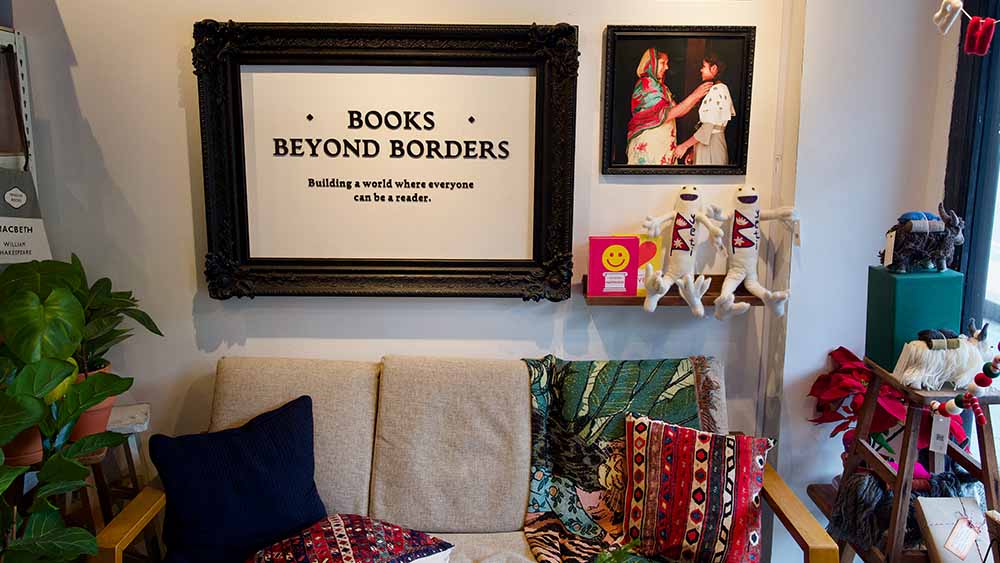 IMAGE: JOEY SHENG
IMAGE: JOEY SHENG
What was the first book that you remember enjoying or that made an impact on you?
The one book that inspired me to start this whole organisation is a book written by John Wood called Leaving Microsoft to Change the World. I picked that up while I was in a bookstore in Nepal figuring out what I was going to do with my life.
And the story was about one of the key leaders in Microsoft who went trekking in Nepal and chanced upon a school. He decided to leave Microsoft and start one of the world’s leading charities called Room to Read. And similarly, they help fund education.
That book inspired me to go ahead and leave my job at a very early age and start this whole business.
One last question - I’m sure that after hearing your story, our readers are eager to send in donations. Are there any genres or types of books that Books Beyond Borders are particularly seeking in 2024?
We are very interested in collecting novels and the nonfiction - the regular kind, like business self-help, philosophy. We collect quite a variety of genres. But I'll tell you what, we don't collect: we don't collect textbooks, academic books and, magazines, Bibles, and all that kind of stuff.
Interested in donating your books? Check out Books Beyond Borders’ giving guide here
The Bookstore @ Maxwell is open from 11am-8pm daily. Find out more here/roundup_26_april_2024_rectangle.jpg?sfvrsn=39ffd1a7_1)




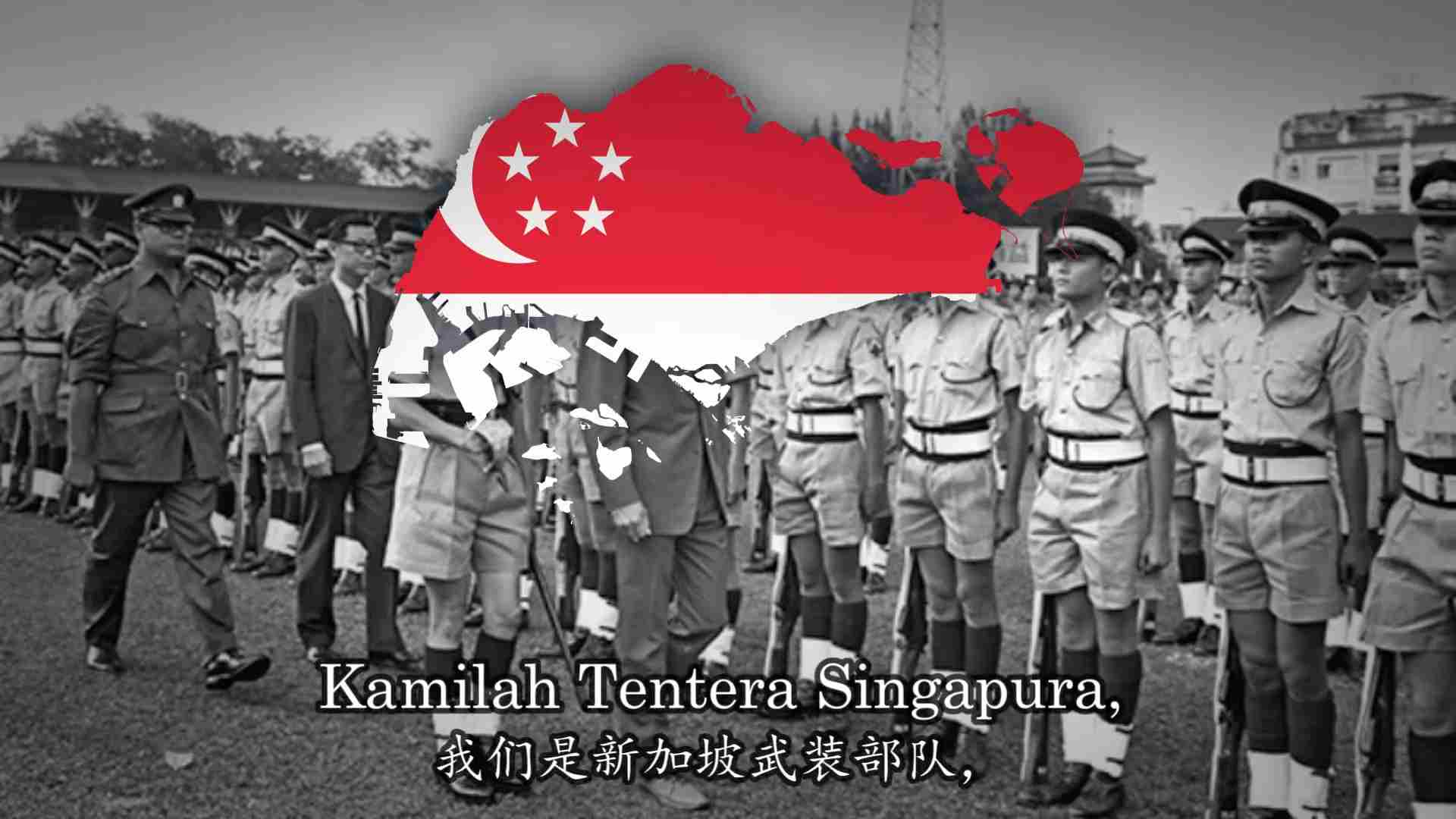
/roundup_19_april_2024_rectangle.jpg?sfvrsn=898f23d7_1)
